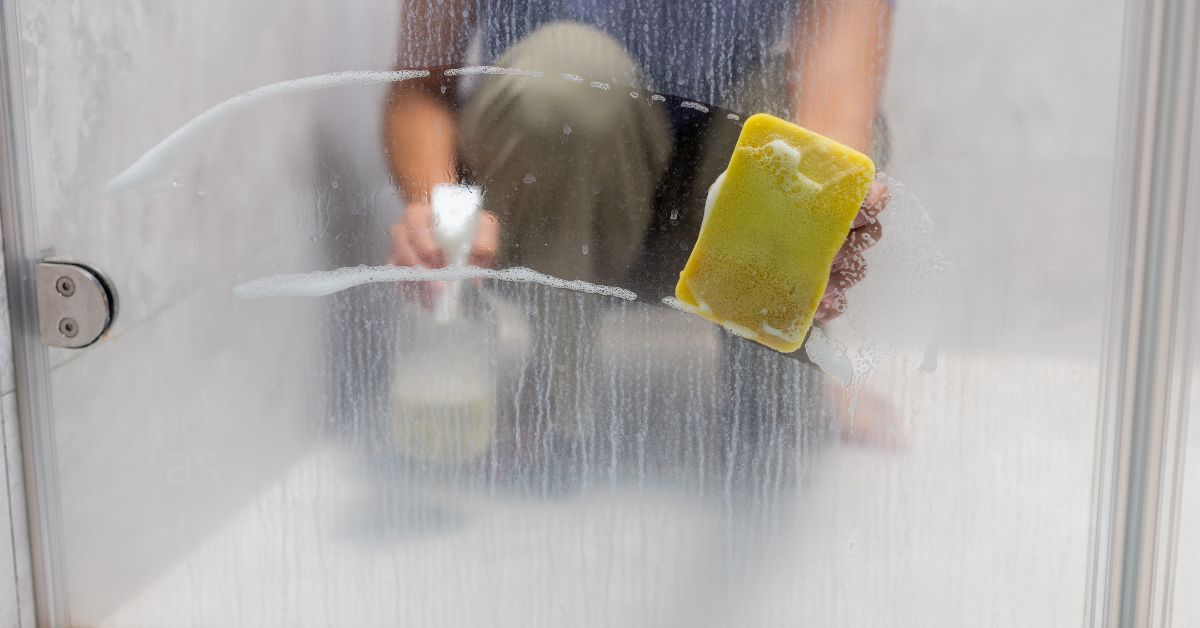Is Your Water Hard? Uncover the Mystery & Solutions for a Happier Home
Ever notice a stubborn film on your shower door? Or maybe your clothes feel stiff after washing? These could be signs of hard water – a common issue affecting millions of homes. While not a health hazard, hard water can cause a range of inconveniences. Let’s break down what water hardness is, how to identify it, and what you can do to treat it.
What is Water Hardness?
Water hardness refers to the concentration of dissolved minerals in your water, primarily calcium and magnesium. Rainwater is naturally soft, but as it filters through soil and rocks, it picks up these minerals. The higher the concentration of these minerals, the “harder” the water.
Signs You Have Hard Water:
Soap Scum: The classic giveaway. Soap reacts with the minerals, leaving a sticky, white residue on surfaces.
Dry Skin and Hair: Hard water can strip away natural oils, leaving your skin feeling itchy and your hair dry and brittle.
Dingy Laundry: Clothes might look faded or feel rough, even after washing with detergent.
Scale Buildup: This chalky white deposit forms inside pipes, appliances (like water heaters and kettles), and around faucets. It reduces efficiency and can shorten lifespan.
Reduced Water Pressure: Over time, scale buildup can constrict pipes, leading to lower water pressure.
Spotty Dishes: Even with rinse aid, your dishes might come out of the dishwasher with noticeable spots and streaks.
How Hard is Your Water?
Water hardness is measured in grains per gallon (GPG) or parts per million (PPM). Here’s a simple scale:
0-3 GPG (0-51 PPM): Soft
3-7 GPG (51-120 PPM): Moderately Hard
7-10 GPG (120-180 PPM): Hard
10+ GPG (180+ PPM): Very Hard
Testing Your Water Hardness:
There are a few easy ways to find out:
DIY Test Kit: Available online for free at Aqua Serve’s Colorado Water Test page.
Contact Your Local Water Utility: Many utility companies offer free or low-cost water testing services.
Professional Water Testing: A certified Aqua Serve water technician can provide a more detailed analysis of your water quality visit Colorado Water Test page.
Treating Hard Water: Your Options
The good news is, hard water is treatable! Here are the most common solutions:
Water Softener (Ion Exchange): This is the most effective method. Water softeners use a process called ion exchange, replacing calcium and magnesium ions with sodium or potassium ions. This results in soft water that doesn’t cause the problems mentioned above.
Pros: Highly effective, long-lasting solution.
Cons: Requires salt refills, can be more expensive upfront.
Reverse Osmosis (RO) Systems: Primarily for drinking water purification, RO systems can also reduce water hardness.
Pros: Provides exceptionally clean drinking water.
Cons: Only treats water at a single point of use (e.g., kitchen sink). Whole house reverse osmosis is available, but can be expensive.
Adding a Water Softening Agent to Laundry: Using a product like Borax or Calgon in your washing machine can help counteract the effects of hard water on your clothes.
Choosing the Right Solution:
The best treatment option depends on the severity of your water hardness, your budget, and your personal preferences. For severely hard water, a water softener is generally the most effective choice.
Conclusion:
Hard water might seem like a minor inconvenience, but addressing it can save you time, money, and frustration in the long run. By understanding the signs, testing your water, and choosing the right treatment solution, you can enjoy softer skin, cleaner clothes, and a happier home. Don’t let hard water get the best of you!
Contact Aqua Serve at 720-594-2223 or use the our Water Wizard Chat bot to ask your question.


